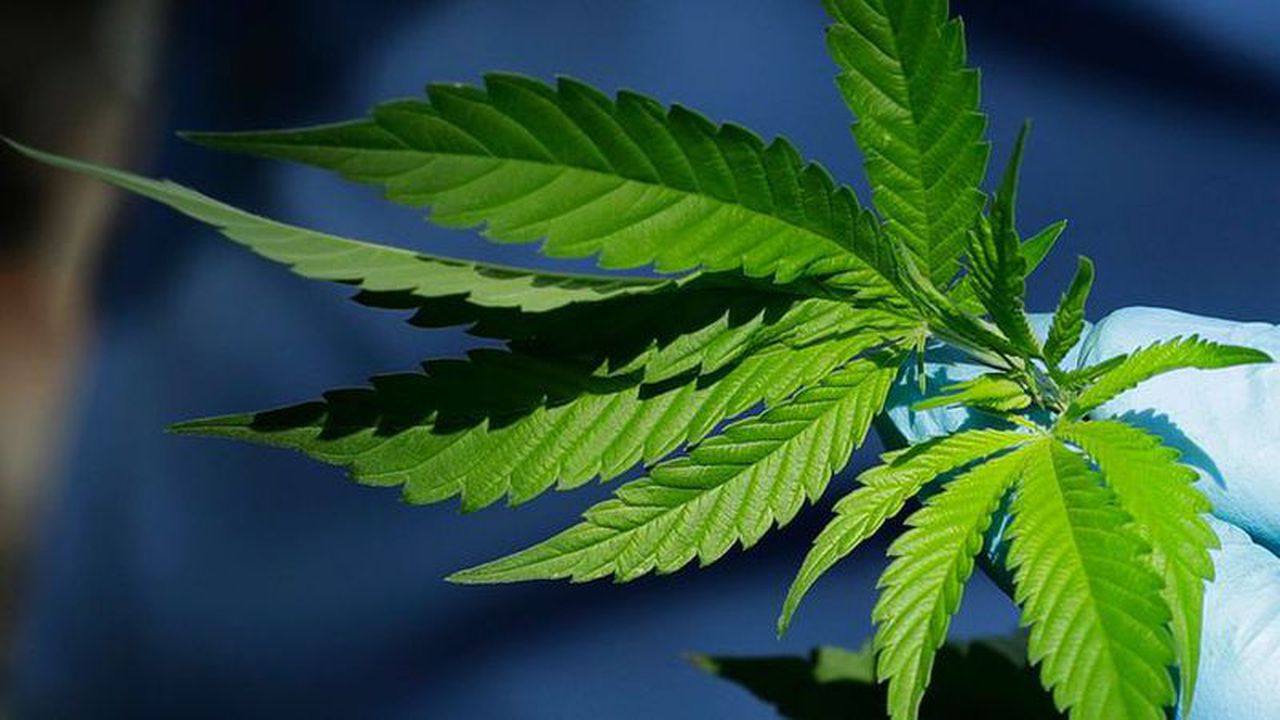Birmingham takes first step to allow medical marijuana dispensaries
The Birmingham City Council took a first step toward allowing medical marijuana dispensaries in the city, after Alabama begins licensing dispensaries next year.
The council did a first reading of an ordinance to allow medical marijuana dispensaries in Birmingham.
Under state guidelines, Jefferson County could end up with as many as nine dispensaries, said Julie Barnard, assistant city attorney for Birmingham.
Alabama became the 37th state to approve medical marijuana when it adopted a law last year.
Birmingham Mayor Randall Woodfin noted that municipalities have to pass legislation allowing dispensaries before they can locate in a city. “Montgomery is the only one so far,” he said.
“There is high interest in this area,” Woodfin said.
Council member Hunter Williams said he there was neighborhood opposition to locating CBD, or cannabis oil, stores in Huffman and he anticipates neighborhoods may not want medical marijuana dispensaries in their neighborhoods either. “I want to make sure we respect the neighborhoods that don’t want this in their neighborhood,” Williams said.
“This is not the same,” Woodfin said. “It’s not even in the same ballpark.”
Woodfin cautioned against attaching a negative “stigma and perception” to medical marijuana, which can only be used by those authorized to receive a medical marijuana card.
Medical marijuana is for those “in need of alternative medicine and healthcare,” Woodfin said. “I don’t think it has a public safety component at all.”
Council member Darrell O’Quinn echoed the mayor on that point.
“This is about healthcare and access to medicine,” he said.
Council member Carol Clarke noted that the approved forms of medical marijuana are not for recreational usage.
“There are no smokeable forms or even edibles,” Clarke said. “They are not allowed.”
Barnard agreed. “It is not intended for recreational use,” she said.
Under Alabama’s law, medical marijuana can be sold in the form of tablets, capsules, tinctures, or gel cubes for oral use. They could be gels, oils or creams for topical use. They could be suppositories, transdermal patches, nebulizers, or liquids or oils for use in an inhaler. Raw plant material, products that could be smoked or vaped, or food products such as cookies or candies would not be allowed.
Dispensaries will have video surveillance and no public walk-ins are allowed; only those with medical authorization are allowed to enter, she said.
The Alabama Medical Cannabis Commission, a 14-member commission established by state legislation, is working on determining qualifications for certified dispensers. The law requires medical cannabis and products to be grown in Alabama.
The commission is handling applications for cultivators, processors, transporters, testing labs, dispensaries, and integrated companies performing multiple functions with licenses expected to be issued next summer. Products are expected to be available late next year or in 2024. The Alabama Medical Cannabis Commission received 179 requests for applications for business licenses during the first six days after it began taking those requests Sept. 1.
Jefferson County, the state’s most populous county, had the most license application requests with 28, the commission said last month.
